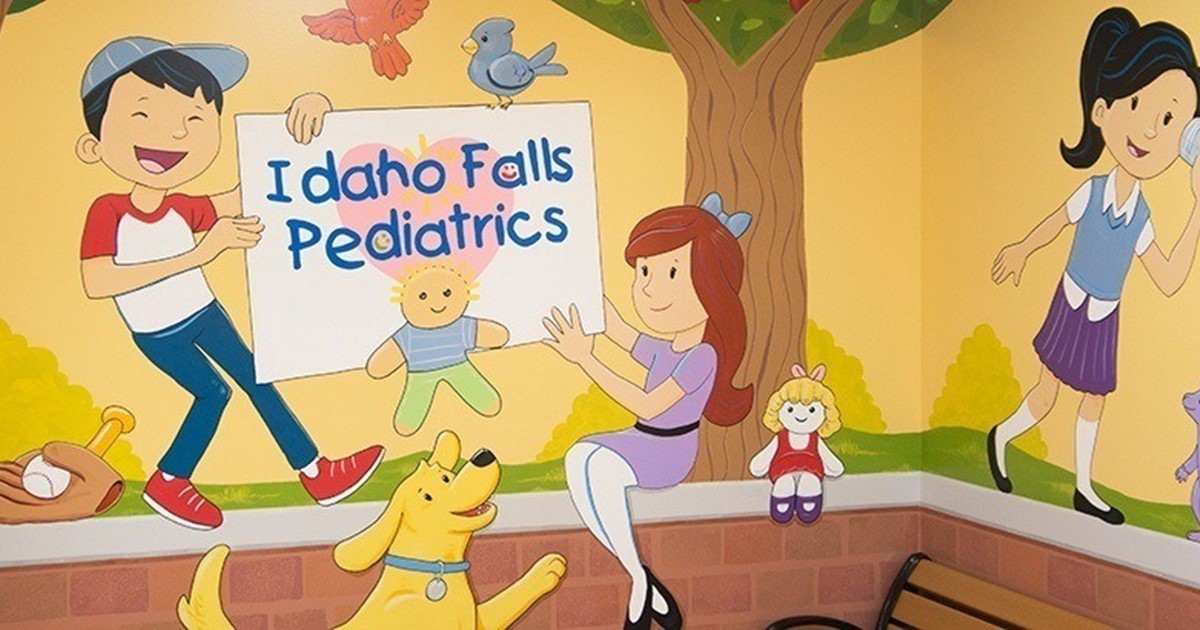
As a parent, you want the best possible care for your children. Choosing the right healthcare provider for your babies, therefore, is a critical decision that will shape their long-term well-being.
You may find yourself having to decide between two main options: pediatricians and family physicians. While both can provide care for children, there are key differences that can impact the quality, expertise, and focus of care your child receives.
So, which option is best for your children?
Let’s explore some key considerations to help you make the right choice.
Key Takeaways
- Choosing the right provider depends on your child’s unique needs, your family's preferences, and the level of specialized care you want during their formative years.
- Pediatricians offer specialized care focused solely on children, including expertise in development, behavior, and childhood-specific conditions.
- Family physicians offer continuity of care for the entire family, which can be a convenient option for scheduling and family health management.
Table of Contents
- Specialized Focus vs. Generalized Care
- Child-Centered Environment
- Preventative and Developmental Expertise
- Continuity of Care and Family Convenience
- What’s Best For Your Child?
- Your Trusted Pediatric Doctor Office Near You
Specialized Focus vs. Generalized Care
Pediatricians are medical doctors who specialize exclusively in the care of infants, children, and adolescents. Their training is centered around child-specific health concerns, including growth, development, behavior, and common childhood illnesses.
A pediatrician typically undergoes 3 years of pediatric residency training after medical school, equipping them with in-depth knowledge of children's unique health needs.
A family doctor, on the other hand, is trained to care for all family members — from newborns to the elderly. While they do receive some pediatric training, their education spans a wide range of specialties, which means they may not have the same depth of child-focused expertise as a pediatrician.
Child-Centered Environment
Pediatric offices are designed with children in mind. From colorful waiting areas and child-friendly exam rooms to staff trained in working with young patients, pediatric clinics create an environment that puts children at ease. This can make a big difference in how children experience healthcare and how cooperative they are during visits.
Family medicine practices typically cater to a broader patient population, which may mean a less child-oriented setting. While still professional and capable, the atmosphere may not be as comforting or engaging for younger children.
Preventative and Developmental Expertise
Pediatricians are not only focused on treating illness but also on prevention and development. They closely monitor growth milestones, behavioral changes, emotional health, and social development. Pediatricians are also highly experienced in managing conditions like ADHD, asthma, autism, and childhood obesity, providing specialized support and early intervention strategies.
Family physicians may offer similar services but often refer more complex pediatric cases to a pediatric specialist, which could result in more fragmented care.
Continuity of Care and Family Convenience
One advantage of family physicians is continuity. They can care for every member of your family in one location. This can be convenient for busy families who prefer scheduling multiple appointments with one provider.
That said, pediatricians can still provide continuity of care by following your child from birth to their late teens, building a strong relationship based on trust and familiarity.
What’s Best For Your Child?
If you value the convenience of a single doctor for the whole family, a family physician might be a practical choice.
However, if you want specialized, child-focused care, especially during the critical developmental years, a pediatrician is often the better option.
Every child is unique and so are their healthcare needs. When choosing between a pediatrician and a family physician, consider your child’s age, medical history, and your comfort level with each provider’s training and approach.
Ultimately, the best choice is the one that gives your child the most personalized, supportive, and effective health care possible.
Your Trusted Pediatric Doctor Office Near You
Are you looking for expert, kid-friendly pediatric offices close to home? Idaho Falls Pediatrics has two convenient locations in Ammon and Idaho Falls, dedicated to your child’s health and well-being.
From newborn checkups to adolescent care, our experienced pediatricians are here to support your family every step of the way. Find your nearest office and book an appointment today!